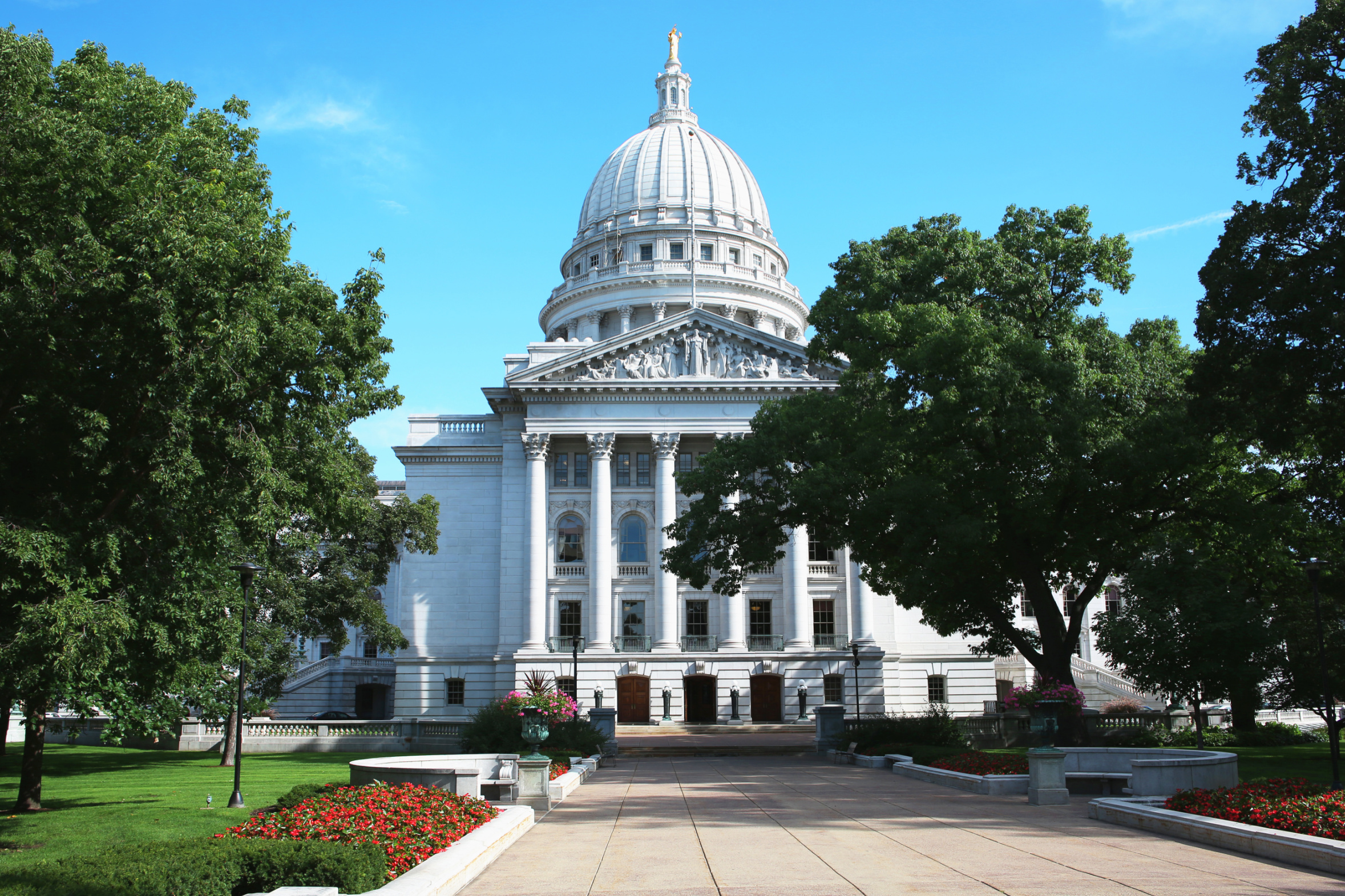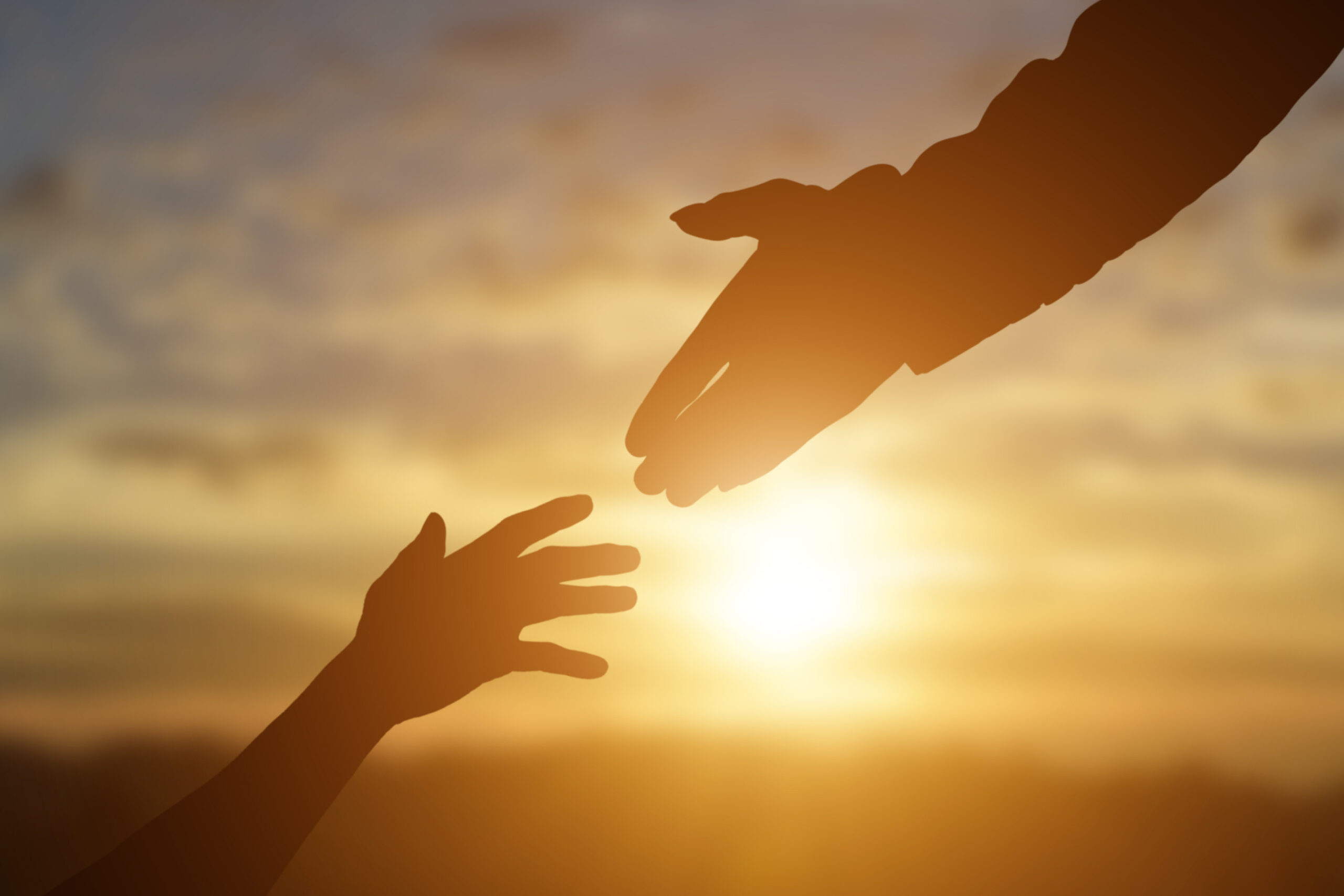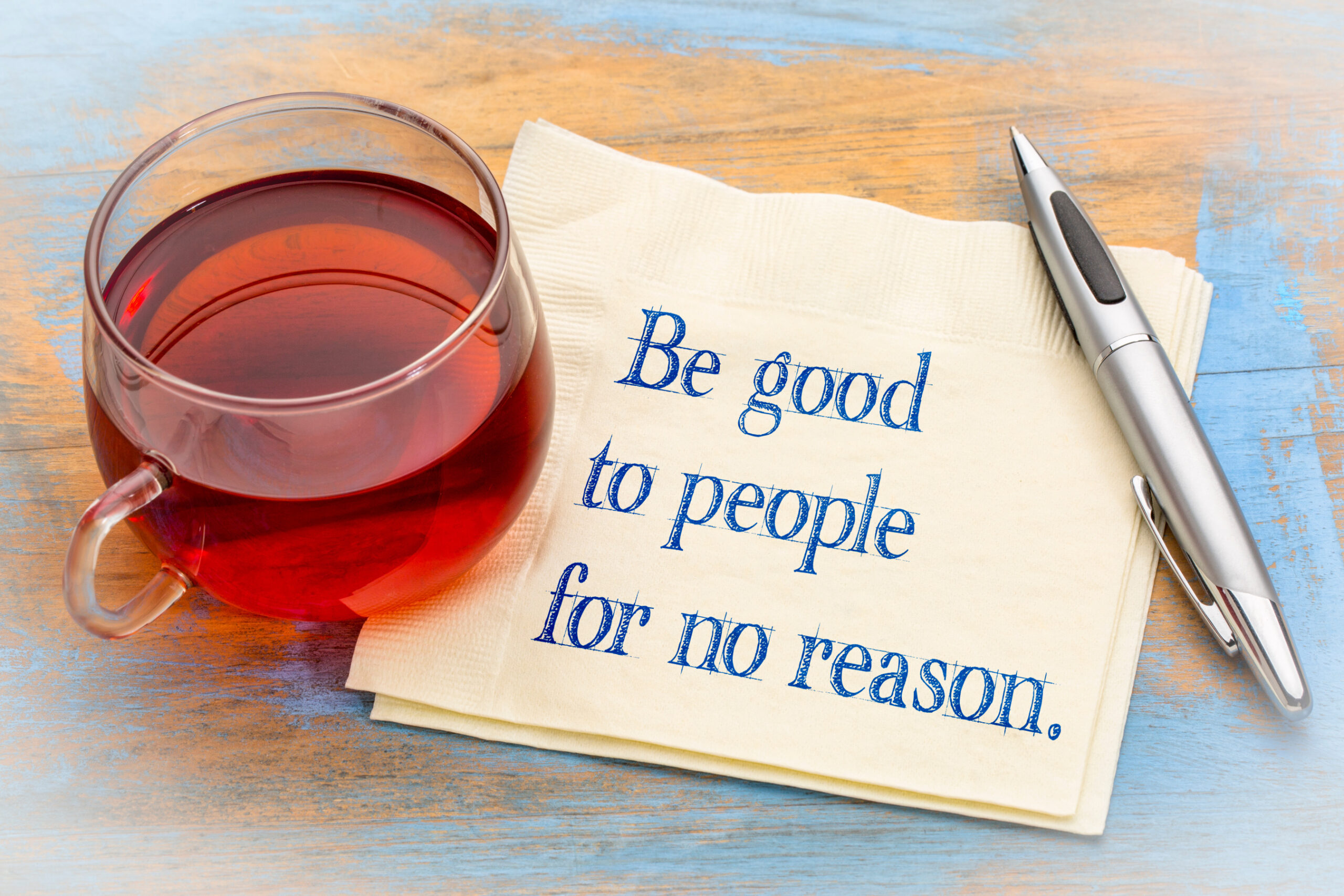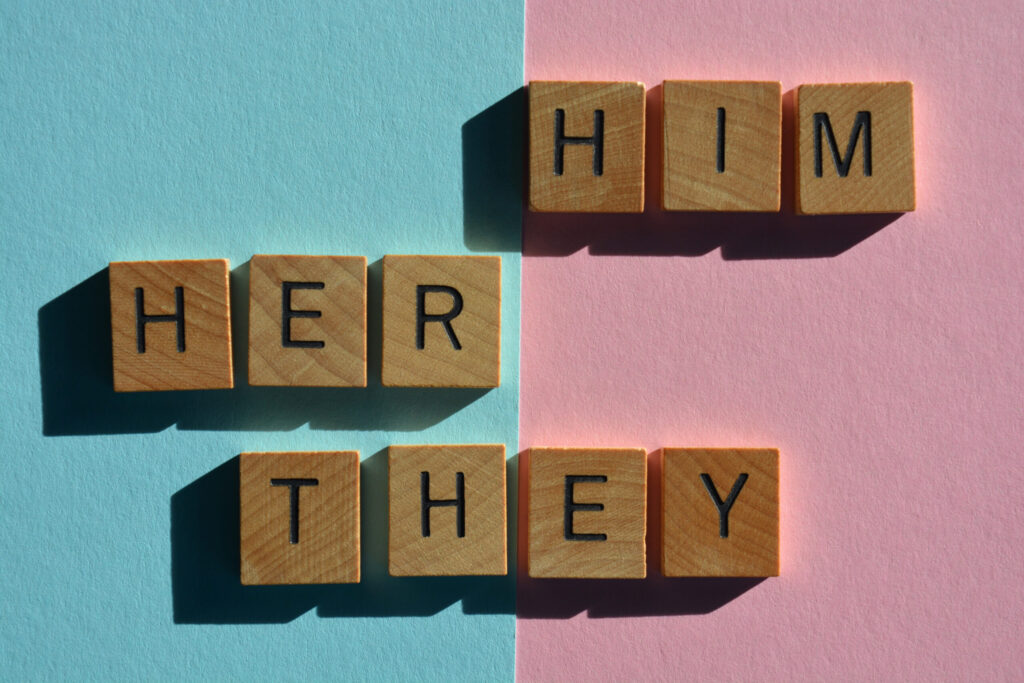Why a Controversial Washington State Billboard Still Matters: A Love Letter to Free Speech
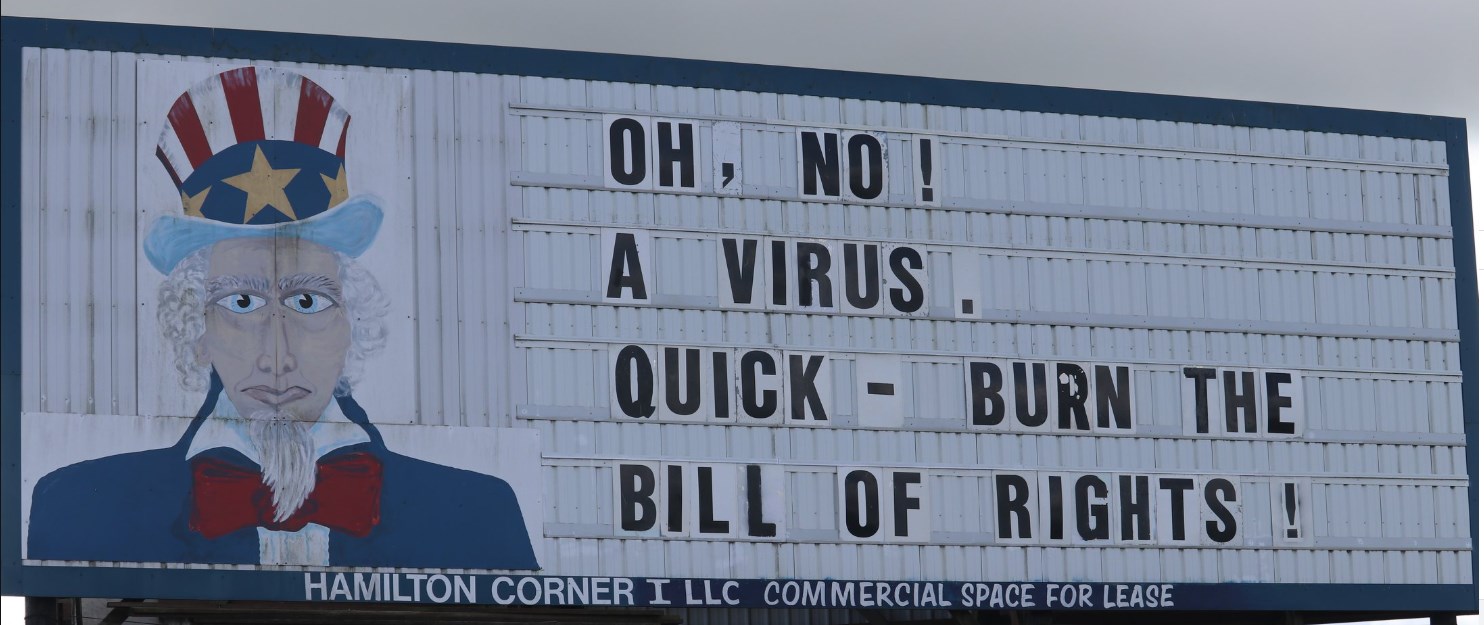
As we move further into a time where political polarization and public discourse are often framed in extremes, I can’t help but reflect on the significance of one long-standing symbol in Washington State. The infamous “Uncle Sam billboard” along Interstate 5 in Napavine has provoked thought, sparked debate, and, perhaps most importantly, served as a vivid reminder of one of our core constitutional values: the freedom of speech.
Now, with the land beneath it up for sale, its future is uncertain. But no matter what happens next, the billboard’s legacy offers a profound lesson about the importance of safeguarding the right to express differing opinions—even those that make us uncomfortable.
As reported by The Seattle Times, the sign—well-known for its bold and often polarizing statements—currently features two messages. One side asks southbound travelers, “How many Americans will we leave behind in Ukraine?” while the other declares to northbound drivers, “No one died in WWII so you could show papers to buy food.” Paired with hand-painted portraits of a stern Uncle Sam, these messages have fueled years of conversation around politics, personal freedoms, and American values.
The billboard, created by the late Al Hamilton—a turkey and cattle farmer—in 1967, was never meant to sit quietly in the background. It was designed to challenge, provoke, and speak out about issues Hamilton deeply cared about. From government spending to cultural shifts, Hamilton used his billboard as a megaphone. Over time, it became a daily reminder to I-5 travelers of the unfiltered views of one man—and many who agreed with him. Its messages have spanned topics from birtherism claims about President Obama to fierce opposition to COVID-19 lockdowns. Today, it still stirs strong reactions. But isn’t that what free speech is about?
To some, the billboard’s content is divisive or even hateful. I understand that. But here’s the truth—freedom of speech isn’t about protecting the views we like. It’s about protecting the right to speak out, especially when those views are difficult, controversial, or unpopular. The First Amendment wasn’t designed to give people a platform only for “safe” ideas. It was created to preserve the right to express all ideas—even the ones that make us uncomfortable or angry.
The Uncle Sam billboard is a perfect example of what makes America unique. It stands as a monument to the power—and messiness—of public discourse. Yes, it’s polarizing. Yes, some messages are jarring. But in its own way, it reflects the freedom we all share: the ability to speak our minds without fear of government censorship.
We’ve seen repeated efforts in recent years to censor speech or remove controversial symbols. Since its inception, the billboard has faced renewed criticism and calls for its removal. But that’s exactly why we must defend free speech—it challenges us to think, to listen, and to engage with ideas beyond our echo chambers.
In fact, this debate over the billboard taps into a much bigger issue in our country. In the age of social media, it’s easier than ever to block out people who disagree with us. Algorithms feed us content we already believe in, building digital bubbles where dissenting views are treated as threats. But the billboard? It’s old-school public expression. It was analog Twitter—now X—before either existed. A space where, like it or not, you had to consider someone else’s point of view, even if it was just for a passing moment at 70 mph.
This idea of public expression isn’t just theoretical for me—it’s personal. Growing up, my parents owned and operated a storage shed rental business. In the late ’80s, not long after opening, the buildings were vandalized with all kinds of graffiti. But among the spray-painted tags, one message stood out: “Question Authority,” scrawled in big, bold letters at the end of building B.
My dad made the conscious decision never to paint over that one. For more than 30 years, that message remained—not because we condoned vandalism, but because we believed in the importance of what it said. To my dad, it was a reminder that challenging those in power—asking questions, thinking critically, and forming your own views—is an essential part of being an engaged citizen.
That simple piece of graffiti, much like the Uncle Sam billboard, served as a public nudge to think for yourself. Not everyone agreed with it, but that was the point. Free speech isn’t meant to make us comfortable. It’s meant to keep us thinking.
Unlike today’s digital world, where outrage gets the most clicks, the billboard (and our storage shed) encouraged slower, more reflective engagement. And we desperately need more of that. Social media has, in many ways, killed civility. Online platforms reward knee-jerk reactions, personal attacks, and groupthink. We’ve lost the ability to disagree without demonizing each other.
That’s why we need to revive the lost art of civil discourse—where disagreements don’t devolve into name-calling, and different views don’t make us enemies. A healthy democracy depends on open, respectful conversation—not performative outrage.
The billboard’s presence has never been without controversy. In 2020, a petition to remove it garnered more than 75,000 signatures. That same year, an arson attempt damaged its base but failed to destroy it. The reactions—both supportive and critical—reveal just how emotionally charged public expression has become.
Despite legal challenges, public backlash, and repeated efforts to silence it, the billboard has endured. It remains a fixture on I-5, seen by an estimated 52,000 commuters daily. It’s drawn both harsh criticism and heartfelt praise—even a 3.5-star Yelp rating. Some call it “the worst blight on I-5.” Others call it “thought-provoking” and a celebration of First Amendment rights.
In a time when silencing dissent is becoming more acceptable in some circles, we must revisit what it truly means to value free speech. The Uncle Sam billboard may be controversial—but its continued existence is a powerful reminder that speech doesn’t have to be popular to be protected.
Whether the new owners change the message or keep it intact, the billboard will always represent something uniquely American. We don’t have to like what it says. But we should respect the right to say it.
That’s the real power of free speech—and it’s what will continue to keep America strong, even when we disagree.
RECENT










BE THE FIRST TO KNOW

More Content By
Jessica Curtis

